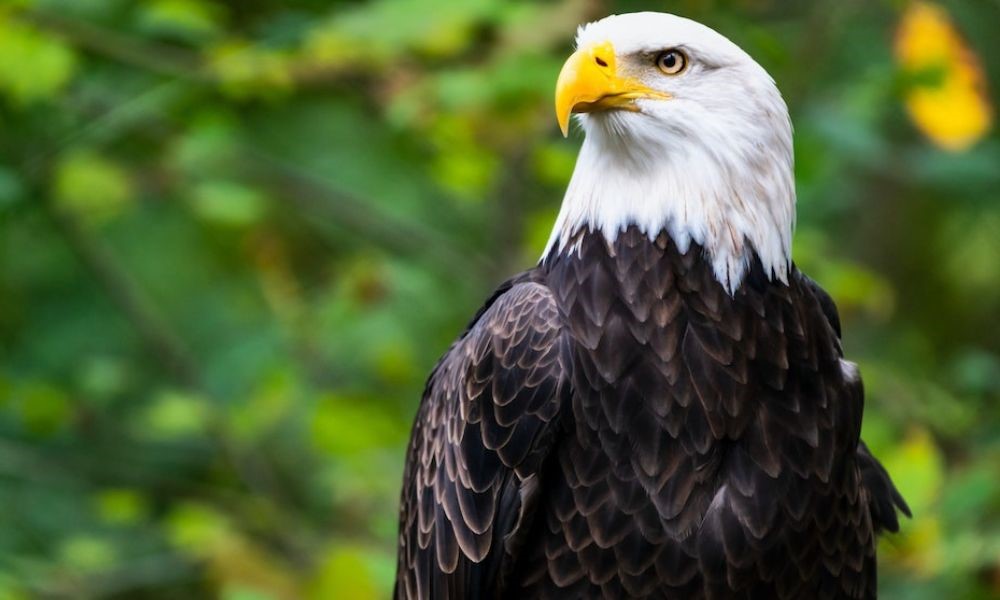A bald eagle pair nesting in a tall, mighty tree almost lost their home to a power company. Thankfully, tribal leaders and environmental activists refused to let that happen.
The 120 foot ponderosa pine in Northern California had provided the perfect nesting site for years. But Pacific Gas and Electric (PG&E), a large utility company based in Oakland, argued that the tree was in a wildfire-prone area and could lead to a disaster if the tree fell into the company’s nearby power lines.
But bald eagles, the prominent symbol of the United States, receive protections under Californian and federal laws. The only way PG&E could take down the tree was proving that the nest was no longer in use.
When PG&E obtained a permit to chop down the tree, and chopping crews showed up on Jan. 9 — ironically, the day before National Save the Eagles Day — tribal leaders and environmentalists stepped in to do some lifesaving birdwatching.
The activists and environmentalists knew that every year, the dedicated eagle parents returned to the pine tree to improve their nest and provide a safe space for nestlings to hatch. They approached the tree’s area equipped with binoculars and cell phones and stayed until they caught sight of the majestic bald eagles returning home.
Because of the proof that the nest site was still active, the power company backed down, according to news reports. While activists applauded that development, the situation left them pondering some unsavory questions.
“PG&E says that the tree is dangerous, it’s a hazard – but that’s not right,” said Naomi Wagner, a local activist with the environmental group Earth First! “It’s their lines that are the hazard. So why is it the tree that needs to go?”
The birds are culturally important to local Indigenous tribes, who alleged the power company and the government hadn’t given them adequate notice of the plans to cut down the tree. After centuries of neglect, ridicule, and harmful policies and practices, ancestral tribes are all too used to the feeling.
“To the settlers, whatever or whoever was in the way of doing business, they’d just cut down,” asserted Priscilla Hunter, former chair of the Coyote Valley Band of Pomo Indians. “That’s what these eagles reminded me of.”
Polly Girvin, an environmental and Indigenous rights activist, also alleged to news that chopping down the tree was “the fast and easy route” — not the right one.
The property owner of where the famous pine stands agrees with the activists, and other residents in the area, that alternatives to chopping down the tree should be prioritized, including rerouting or removing the power line and setting up a solar microgrid, according to news reports.
PG&E also has advertised plans to bury other electric lines in the region to prevent potentially dangerous contact with trees.
Lady Freethinker applauds the compassionate actions of activists and tribal leaders across California and beyond whose caring actions mean these precious birds get to return to their seasonal home for another year, and hopefully for longer than that.








